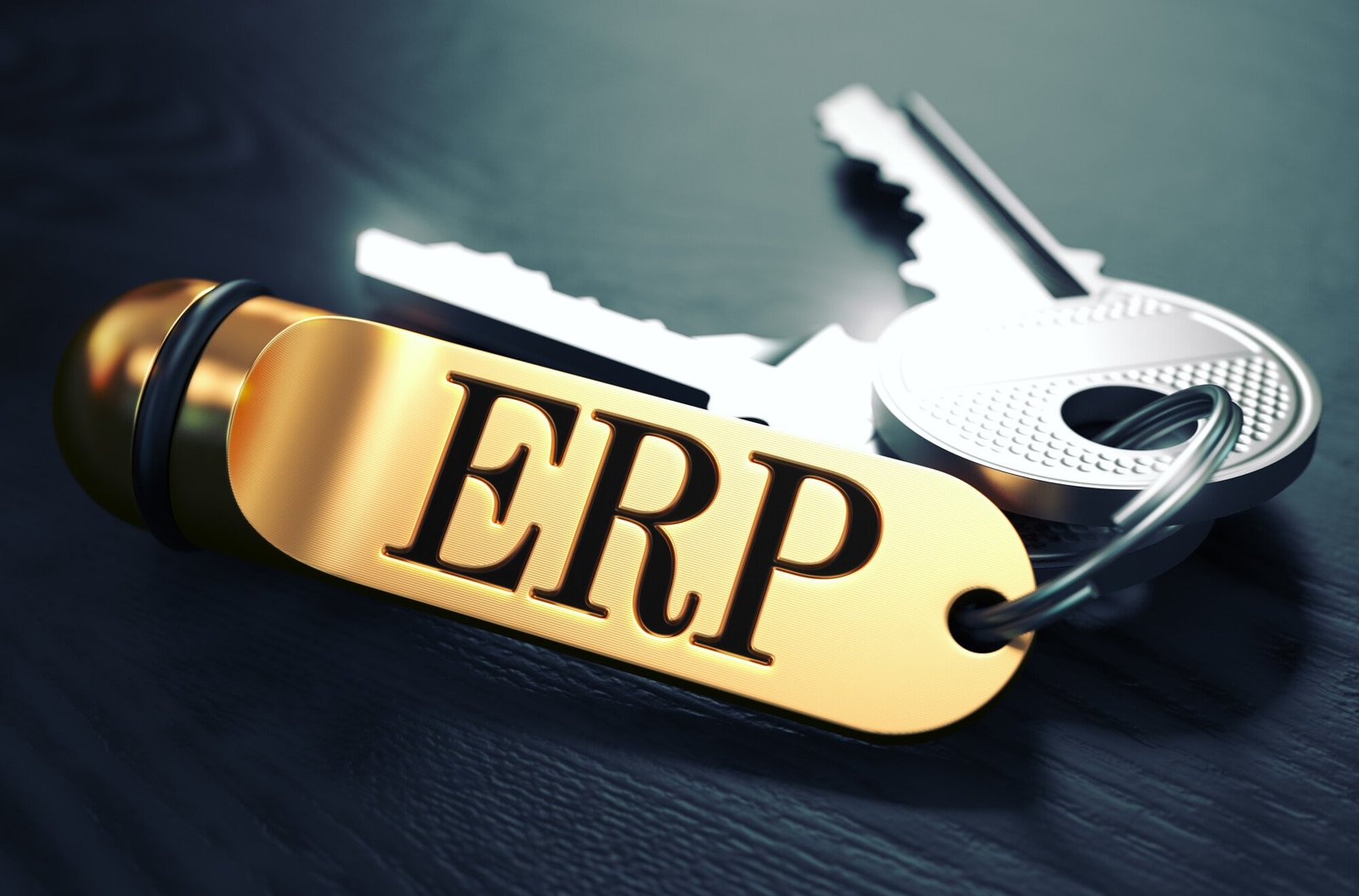Navigating ERP Options: A Guide to Different Types of ERP Software
Selecting the appropriate ERP software is very important for the success and expansion of a business. Finding the right ERP software can be hard because there are so many types of ERP software to choose from.
This article aims to simplify the choices by focusing on the various kinds of ERP software. The pros and cons of each will be discussed, ranging from cloud-based solutions to industry-specific platforms.
The way you run your business can be greatly affected by knowing about these options. Learn how to make an informed choice as we simplify the selection process.
Types of ERP Systems
In the big world of Cloud-based ERP (Enterprise Resource Planning) systems, having lots of options is key. Think of ERP systems like different tools in a toolbox, some are cloud-based which means they work online and can fit any business size – they grow with your business.
Then, there are those made just for certain types of businesses, like a custom tool for a specific job. If a business wants to work smarter and more flexibly, it’s important to understand these options.
Traditional ERP Systems
These are the first ERP systems, which are also called “legacy ERP” systems. These systems are usually set up on-site, and the IT team of a company is needed to maintain and update them. Traditional hybrid ERP solutions have a lot of features and can be changed in many ways, which makes them a good choice for big businesses with complicated processes and specific needs.
Cloud-Based ERP Solutions
Cloud-based ERP is like moving from keeping all your business software and data in your building to hosting it on the Internet. This approach is great because it can grow with your business, is easier to change as needed, and can save you money since you pay as you go and don’t need to buy a lot of computer equipment. A good example of this is NetSuite ERP, a tool that helps businesses run smoother by managing everything online.
Open Source ERP Software
Businesses can change and customize their ERP software with open-source ERP because it doesn’t have the same restrictions as proprietary systems. These steps give you the freedom to change the software to fit your needs, but they need a lot of technical know-how. If a company goes this route, it should be ready to spend money on an IT team or outside consultants.
Industry-Specific ERP Systems
Open-source ERP systems made for specific industries are built to handle the unique challenges and needs of those industries. For example, healthcare and manufacturing have their special versions. These systems help businesses stand out by providing special features not found in general ERP solutions.
Manufacturing ERP
ERP systems for manufacturing are designed to improve the efficiency of production, inventory control, and supply chain operations. These solutions are designed to meet the specific needs of manufacturing companies. They help them run their businesses more efficiently and adapt to changes in the market more quickly.
Retail ERP
Retail ERP systems are like supertools that help stores manage everything from what’s in stock, to sales, to chatting with customers, and keeping track of money – all in one spot. This makes running a store a lot smoother. They help stores stay ready for what customers want, manage sales in different ways (like in-store and online), and improve the shopping experience for everyone.
Healthcare ERP
ERP for healthcare is like a super-organized digital assistant for hospitals. It helps keep all the patient info in one place, makes office work smoother, and ensures everything is done according to the healthcare rules. With this system, hospitals can give better care, help patients get better faster, and work more efficiently.
Implementation Strategies
Putting in place an ERP system is a big step for any business and needs a well-thought-out plan to be successful. It needs careful planning, teamwork, and the ability to adapt to change management principles. This part talks about various ways to speed up the ERP implementation process so that it runs smoothly and causes as little trouble as possible.
Cloud vs. On-Premise ERP
Businesses have to make a big choice between cloud and on-premise ERP systems. Cloud ERP is great for small to medium-sized businesses or those who want to set up quickly because it saves money, is flexible, and is easy to expand. But on-premise solutions give you more control over the system and data, which is why companies with strict data security needs prefer them.
Customization and Integration
To choose the right ERP system, you need to know how much customization and integration you need. Customization can help the ERP system work better with the way the business works, but making too many changes can make updates and integrations harder in the future. It is very important to find a balance between the need for customization and the solution’s built-in features.
Cost Considerations
Cost is one of the most important things to think about when choosing an ERP system. This includes setup fees, subscription fees, and ongoing maintenance costs. To make a budget and plan your finances, you need to know the total cost of ownership. These costs must be weighed against the expected benefits and return on investment (ROI) of the ERP solution.
Understanding ERP Pricing Models
The ways that ERP systems are priced are very different for each type of solution. Businesses need to know the total cost of ownership, which includes not only the licensing fees but also costs like upgrades, support, and maintenance that keep coming up.
Calculating the Return on Investment
Companies that want to buy an ERP system should think about their possible return on investment (ROI) before making the purchase. When doing this math, you should think about both real and imagined benefits. Real benefits include increased efficiency and lower costs. Imagined benefits include better decision-making and happy customers.
Selecting the Right Types of ERP Software for Your Business Growth
Any business that wants to run better needs to know about the different types of ERP software. Each type has benefits that are specific to the business type and size.
The right ERP solution can help your business grow and become more efficient. It can be traditional, cloud-based, or industry-specific. You need to think about the features, costs, and scalability of these systems.
Understanding the different types of ERP software helps businesses make smart tech purchases. Your business can change with the right ERP.
Did you like this guide? Great! Please browse our website for more!














Post Comment